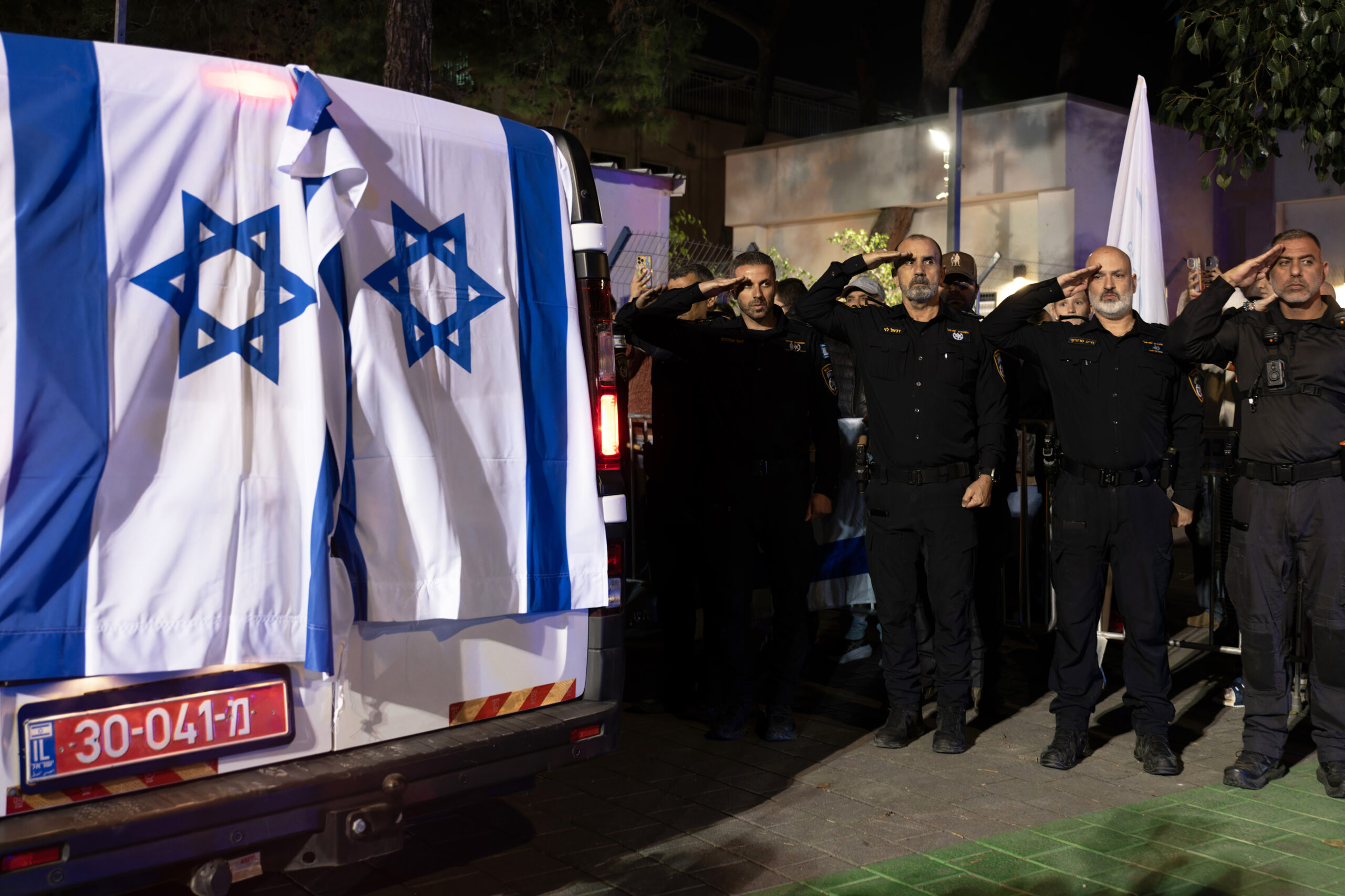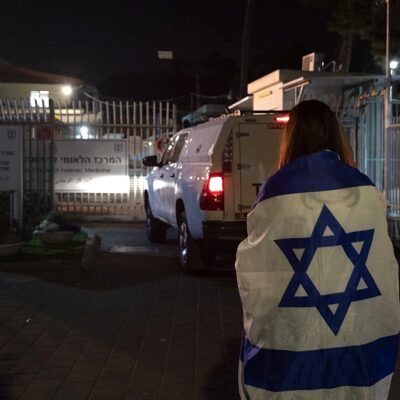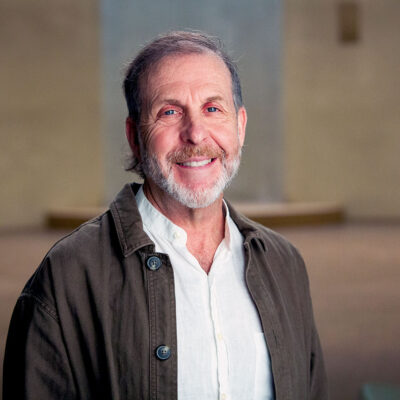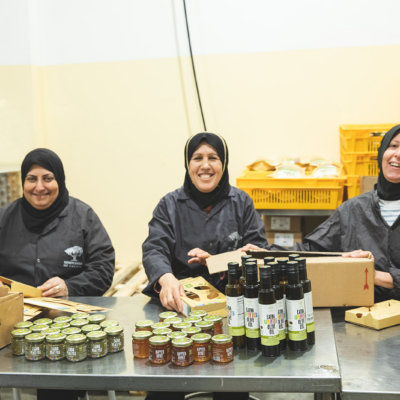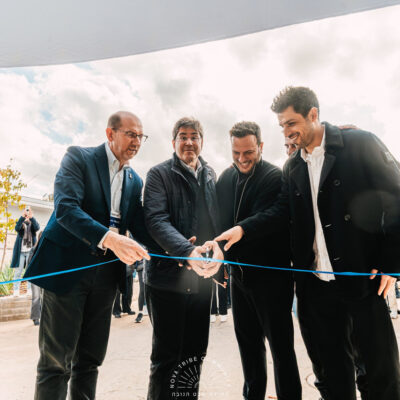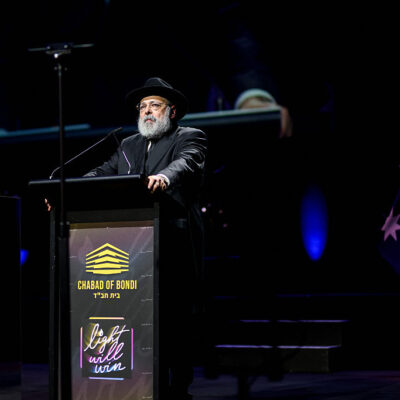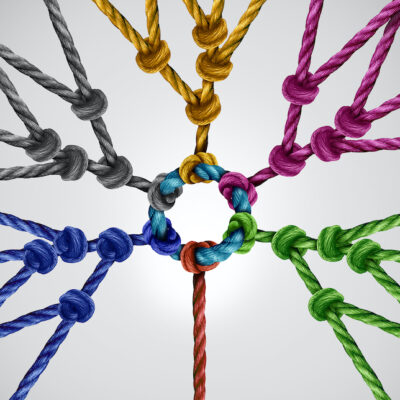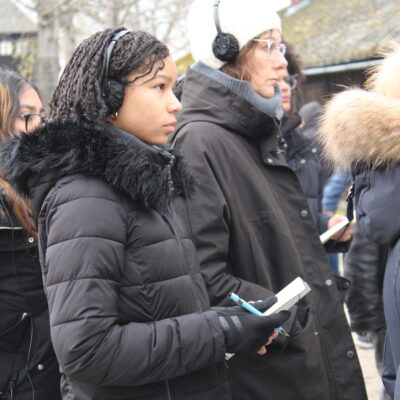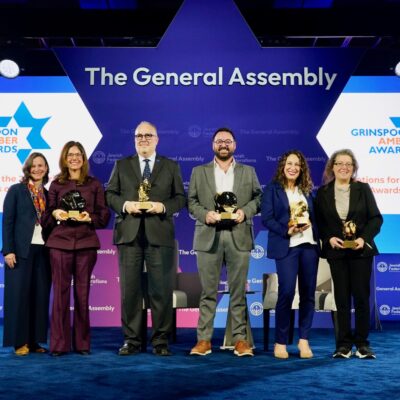Opinion
Honeymoon Israel is not an “Interfaith Couples” Trip to Israel

By Avi Rubel and Mike Wise
Recently, a potential funder told us that their foundation wasn’t in the “interfaith space” so probably wasn’t a good fit for Honeymoon Israel. For what seemed like the thousandth time, we explained that Honeymoon Israel never was meant to be nor is it in practice an “interfaith” program. In less than three years, Honeymoon Israel has succeeded at bringing more than 1,200 couples to Israel and has more than 1,000 well qualified and vetted couples on a waiting list precisely because our inclusive approach appeals just as much to all Jewish couples as it does to “interfaith” couples. We are operating in 18 cities throughout North America with more than 35 cohorts scheduled this year because our message resonates deeply with an entire population of young, 30-something couples.
With 4 couples applying for every spot on a Honeymoon Israel trip, we have the ability to select the couples most on the fringes of Jewish life. Approximately 70% of participating couples are “interfaith” – not because we are especially focused on that population but because that is the percentage of non-Orthodox young couples in the American Jewish community. The other 30% are “Jewish-Jewish” couples. Some of these couples include recent Jews-By-Choice and others are both born Jewish.
When we founded Honeymoon Israel in late 2014, we were explicit that this program was meant to catalyze the development of community. That is the reason that every trip includes 20 couples who live in the same city. It is also the reason that we decided to make the groups look like an accurate cross-section of the community in which these couples live (subtracting the Orthodox segment). To “ghettoize” the interfaith or “converts” would send a message that they are a separate group and not actually all part of one community.
Most importantly, Honeymoon Israel is not an “interfaith program” from our participants’ perspectives. Most of the couples that we call “interfaith” do not refer to themselves as such. For most of them, faith or religion did not enter into the equation when they chose their partner. They married another American with a somewhat different background. The word “interfaith” is meaningless to most of them. We desperately need a new word that better encapsulates their reality.
Most couples, whether both partners are Jewish or not, are choosing to apply to Honeymoon Israel because they connect to our agenda to give them the opportunity to feel welcome in the Jewish community and to inspire them to incorporate Jewish values into their lives in whatever way works for them. This means that we welcome them and encourage them to explore Jewish life as they are with no expectation that a part of their lives might have to change or that other people in their lives need to be excluded. For most, this is a new feeling when dealing with Jewish organizations that claim to want them as members but often send an implicit message that belonging requires looking or behaving a certain way or believing in something that feels foreign.
These couples are asking serious questions about their new families’ identities. Honeymoon Israel helps couples begin conversations between partners regarding how they will approach starting a Jewish family and to meet other, similar couples from the same city who are engaged in similar journeys and struggles (it’s really hard to make new friends as a couple!). The Israel trip is a powerful catalyst but is by far the easy part. The much more difficult work is to support these couples in building community when they return home.
Honeymoon Israel used a Design Thinking process to help build our post trip model. The methodology is a good way to generate user centered solutions. But it’s also easy to employ a Design Thinking process, check the box and then assume the rest of the work can be business as usual. Careful listening to the end-user and ensuring their voice is at the center never ends.
One of our mantras that we received as advice from a member of our Advisory Board, Maggie Bar Tura, is that on the Israel trip our participants are consumers. The challenge is to help them transform from being consumers of a program to active citizens of a community.
We do this by shifting after the trip from programming for them to supporting them in their own initiatives. Couples are building micro-communities with their Honeymoon Israel cohorts and are involved in book clubs, Hebrew classes, Jewish learning, social groups and more new Mom’s and Dad’s groups than we can count. Most of the activities are home based, but as our numbers grow and grow, we expect to involve more local brick and mortar institutions. Together with our alumni and partners like PJ Library, JCC’s, Federations, and others, our goal is to co-construct an ecosystem for young Jewish families that is as vibrant as it is diverse.
Over time, Honeymoon Israel couples may end up creating a Jewish community that is vastly different in many ways from the one we love and cherish. This will undoubtedly make more conservative elements nervous. We are convinced that we’ll benefit from whatever they build, and that the Jewish community will remain as highly adaptable and resilient as its been for thousands of years.
Avi Rubel and Mike Wise are Co-CEOs of Honeymoon Israel.

 Add EJP on Google
Add EJP on Google